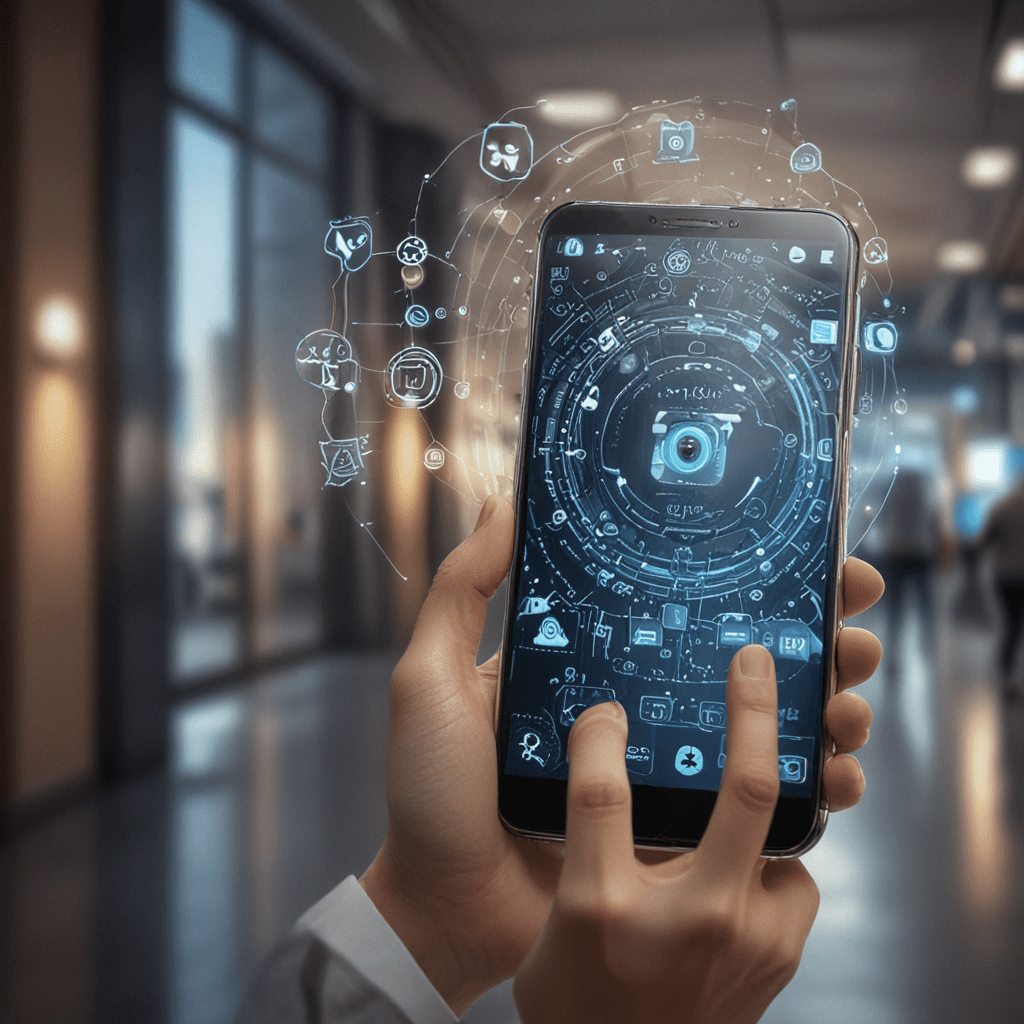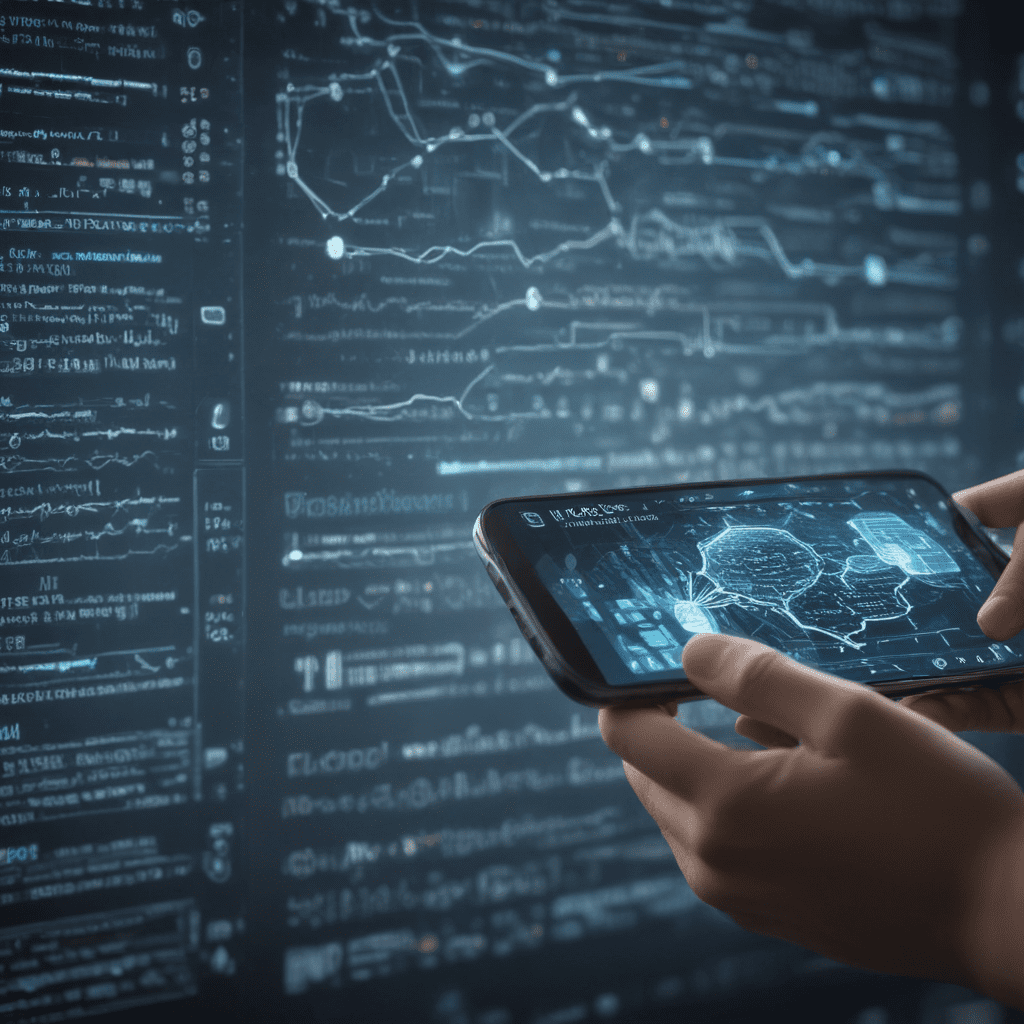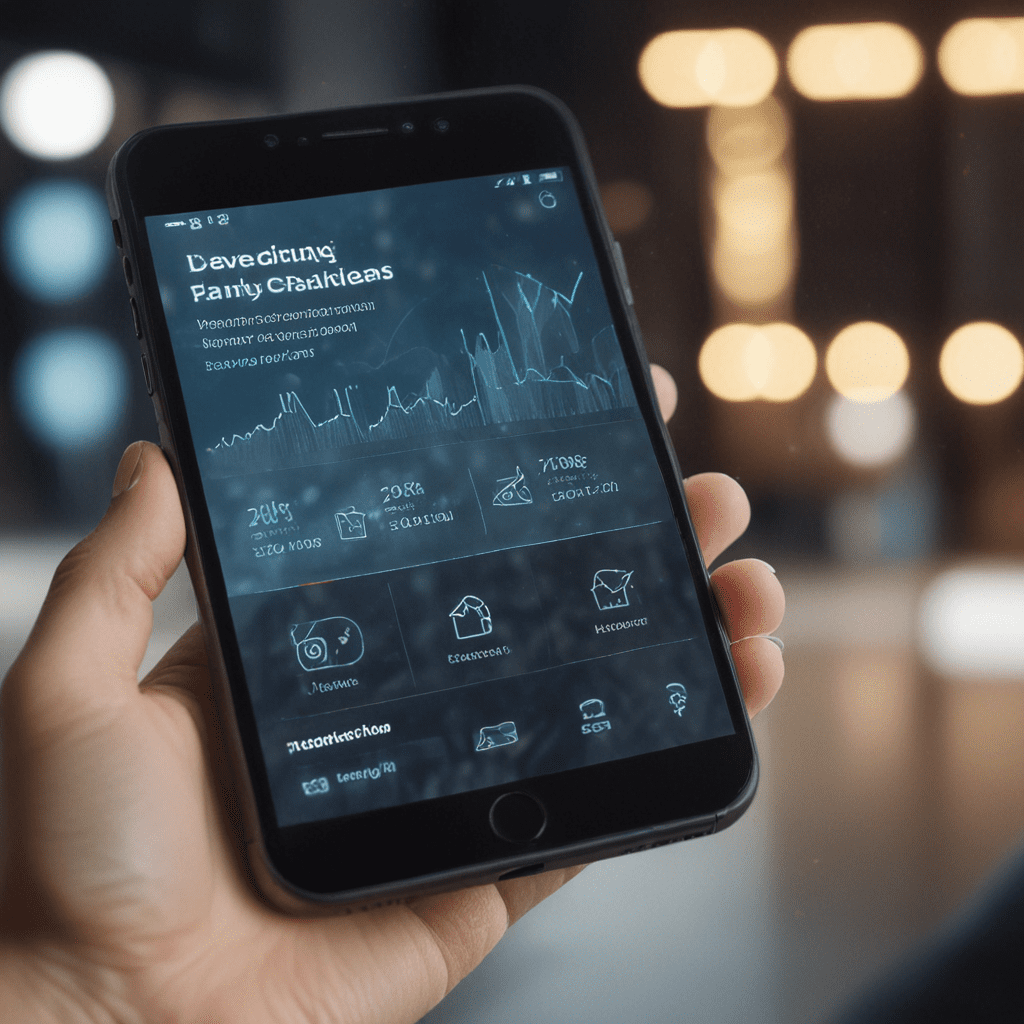1. Introduction
The Internet of Things (IoT) is transforming various industries, and the mobile app arena is no exception. By integrating IoT devices into mobile apps, businesses and developers can create powerful, connected solutions that enhance user experiences and streamline operations. This article explores the significance of IoT integration in mobile apps, highlighting key drivers, advantages, and use cases.
2. Key Drivers of IoT Integration in Mobile Apps
The demand for IoT integration in mobile apps is driven by several key factors:
- Increased connectivity: The proliferation of smartphones and wireless networks has made it easier to connect IoT devices to the internet, enabling real-time data exchange and remote control.
- Enhanced data collection: IoT devices can collect vast amounts of data about their surroundings, providing valuable insights for app developers and business owners.
- Improved user experience: IoT integration allows mobile apps to interact with the physical world, enhancing user convenience and engagement.
- Streamlined operations: By automating tasks and providing remote monitoring capabilities, IoT-integrated mobile apps can improve operational efficiency and reduce costs.
3. Advantages of Integrating IoT Devices with Mobile Apps
Integrating IoT devices with mobile apps offers numerous advantages, including:
- Real-time data access: Mobile apps can receive real-time updates from connected IoT devices, allowing users to stay informed and make data-driven decisions.
- Remote control: IoT integration empowers users to control IoT devices from anywhere using their mobile phones, increasing convenience and flexibility.
- Enhanced automation: IoT devices can automate repetitive tasks based on real-time data, reducing manual effort and improving efficiency.
- Improved security: IoT-integrated mobile apps can enhance security by leveraging device-level authentication mechanisms and secure data transmission protocols.
- Personalized experiences: By collecting user data from IoT devices, mobile apps can deliver personalized experiences tailored to individual preferences and behaviors.
6. Use Cases for IoT Integration in Mobile Apps
IoT integration in mobile apps spans a wide range of use cases, including:
- Smart home control: Managing lights, appliances, and thermostats remotely via mobile apps.
- Health and fitness tracking: Monitoring heart rate, sleep patterns, and activity levels using wearable IoT devices.
- Smart city applications: Accessing real-time data on traffic congestion, parking availability, and public transportation schedules.
- Industrial IoT: Remotely monitoring and controlling industrial equipment, optimizing production processes and reducing downtime.
- Retail and customer service: Enhancing customer experiences through IoT-enabled in-store navigation, personalized recommendations, and remote support.
7. Impact on User Experience and Convenience
IoT integration significantly improves user experience and convenience by:
- Providing real-time updates: Users receive instant notifications and alerts from connected devices, staying informed and in control.
- Simplifying task execution: IoT-integrated mobile apps automate tasks and enable remote control, reducing effort and saving time.
- Enhancing accessibility: IoT devices extend the reach of mobile apps, allowing users to interact with the physical world from anywhere.
- Personalizing experiences: By collecting data from IoT devices, mobile apps can tailor their functionality and content to individual user preferences.
8. Business Value and ROI of IoT Integration in Mobile Apps
IoT integration drives business value and ROI through:
- Increased efficiency: Automation of tasks and remote monitoring capabilities reduce operating expenses and improve productivity.
- Enhanced customer engagement: IoT-enabled mobile apps provide personalized experiences and improve customer satisfaction.
- New revenue streams: IoT integration creates opportunities for innovative services and revenue-generating models.
- Improved operational visibility: Real-time data from IoT devices provides businesses with actionable insights for informed decision-making.
- Competitive advantage: IoT-integrated mobile apps differentiate businesses and create a competitive edge in the market.
9. Future Trends and Innovations
The future of IoT integration in mobile apps is bright, with emerging trends such as:
- Edge computing: Processing data locally on IoT devices, reducing latency and improving response times.
- Artificial intelligence (AI): Leveraging AI algorithms to analyze data from IoT devices, enabling predictive analytics and proactive decision-making.
- 5G connectivity: Ultra-fast 5G networks will support more connected IoT devices and enable real-time data transfer with minimal delays.
- Blockchain technology: Enhancing security and data integrity in IoT-integrated mobile apps.
10. Conclusion
IoT integration in mobile apps is a powerful trend that is transforming industries and enhancing user experiences. By leveraging the capabilities of IoT devices, mobile apps can deliver real-time data access, remote control, enhanced automation, and personalized experiences. IoT integration drives business value through increased efficiency, improved customer engagement, new revenue streams, and a competitive advantage. As technology continues to advance, IoT integration in mobile apps will only become more prevalent and transformative, shaping the future of connected devices and mobile applications.
FAQ
Q: What are the benefits of integrating IoT devices with mobile apps?
A: Benefits include real-time data access, remote control, enhanced automation, improved security, and personalized experiences.
Q: How does IoT integration enhance user experience?
A: IoT integration provides real-time updates, simplifies task execution, enhances accessibility, and personalizes experiences.
Q: What are the business benefits of IoT integration in mobile apps?
A: Businesses benefit from increased efficiency, enhanced customer engagement, new revenue streams, improved operational visibility, and a competitive advantage.
Q: What is the future of IoT integration in mobile apps?
A: Emerging trends include edge computing, AI, 5G connectivity, and blockchain technology, promising even more transformative IoT-integrated mobile app experiences.



